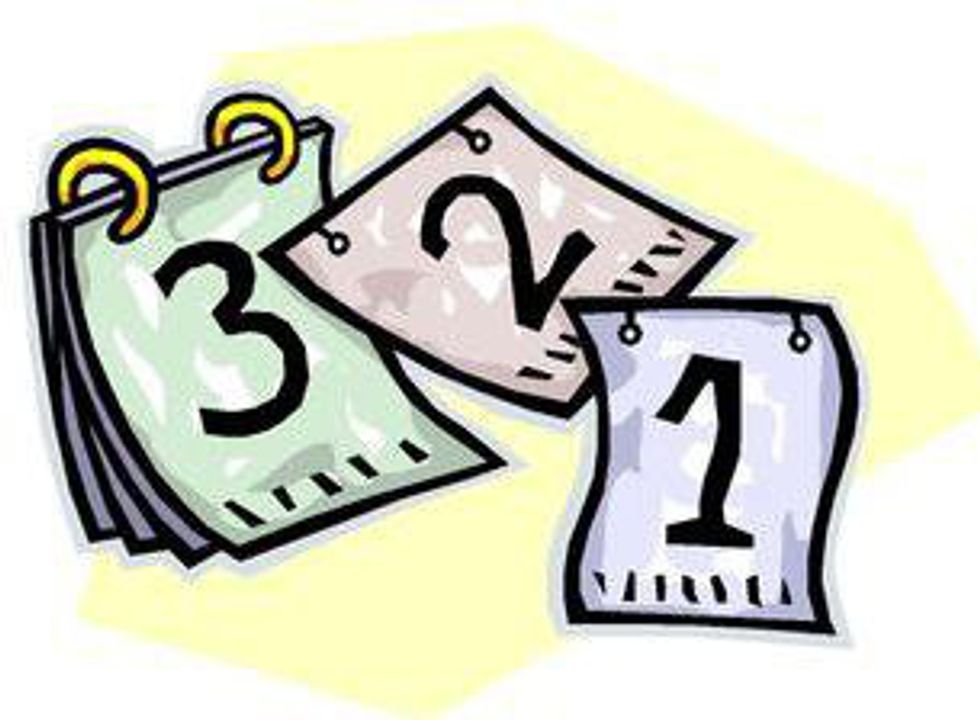Ever since I was a little girl, I have dreamt of a career in the chaotic medical world. The sights, sounds, sweat, and perseverance exerted by the medical staff at my local hospital was mesmerizing to watch. When I was 7 years old, I was hospital bound with a rare but serious medical condition called orbital cellulitis. This is a dangerous infection of the tissues around the eye, causing inflammation of the sockets behind the eye septum. The most common cause of the infection in children stems from a sinus infection and spreads through the blood. Orbital cellulitis infections in children get worse quickly, and if not properly treated, may lead to blindness.
For over a month, I was bound to a hospital bed, hooked up to dozens of wires and machines, unable to eat feeling hopeless that I would ever get better. Luckily, thanks to the dedication and persistence of my medical staff family, I made a full recovery, suffering minimal complications. It was after that near death experience, that I knew I wanted to enter the medical workforce. To put it as simply and clearly as possible, nursing is as important as any other healthcare professions to improve the capacity, quality, and well-being of patients. Nurses tend to spend more direct time and interaction with their patients, and so the patient experience is directly influenced by the personality of their nurse. While I was sick, my nurses were the ones who provided me with endless amount of love, care, encouragement, and filled my frail little body with laughter and joy.
In society, science majors are typically perceived as high stressed and not very social. We are pictured as those individuals who "live" in the library, heads piled high in books, lab reports, exams, and spends countless hours memorizing the process of photosynthesis, or transcription and translation of DNA into RNA. When I told my friends I was pursuing a major in biology, they pictured me as a stressed out, bookworm science geek who spends my weekends studying and working. In popular culture, shows like the Big Bang Theory encourage this stereotypes. Due to the amount of time spent in the lab, and the difficulty and quantity of classes necessary to pursue a career in biology, society always makes jokes about the "character of a typical biology student".
Well, I'm here to give you the inside scoop on what life is like as a biology major, in the hopes of breaking the stereotypes of a science major! I will admit, the curriculum and classes at Loyola in regards to its biology department are rigorous and challenging. However, I wouldn't have it any other way: I would much rather be challenged in a class, and put in the time and effort than take the easy way out and get A's in classes that aren't academically challenging and stimulating. On average, I spend about 10-15 hours per week on various assignments in my major, from studying for tests and quizzes, to laboratory experiments and reports, to group work. That may seem like alot, but I always make time for myself on the weekends as a "reward" for my efforts.
From going out into Baltimore, to dinner dates and parties, to a nice movie night in Flannery's common room, I always set aside breaks on Friday and Saturday nights to be with my friends. Regardless of your major, every student will experience some degree of anxiety and stress, there's no difference whether you're a communications major, psychology, english, or science. Everyone will experience difficulty and roadblocks along the way in college: heavy workload, applications, sports and clubs, and especially having a social life. If there's one thing I've learned since being at college is that one should never settle for less. The sky's the limit in life, pursue a major and career that you're truly passionate about, not one that is easy, or pays the most in salary.
Steve Jobs says, "And the only way to do great work is to love what you do. If you haven't found it yet, keep looking. Don't settle. As with all matters of the heart, you'll know when you find it". As that little girl near death in a hospital bed fighting for my life, I knew right then that I had found my calling for service. I'm not telling you it's going to be easy, as there will be late nights spent in the library, papers and applications to complete. I'm telling you, it's going to be worth it in the end.

























